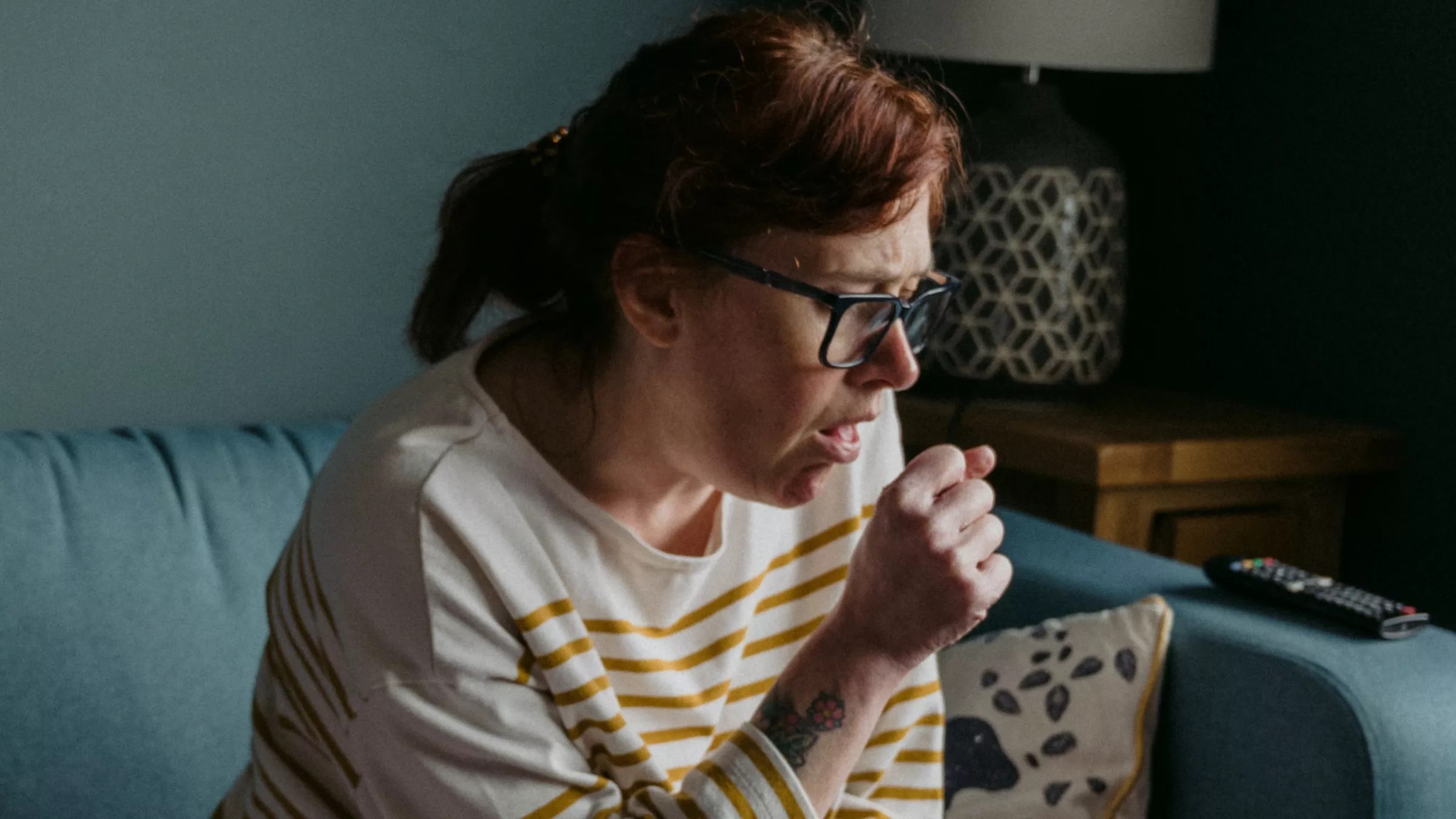
Photo by Annie Spratt on Unsplash

Audio By Carbonatix
Just a few months ago, officials and experts were optimistic that Colorado would have turned a corner in the fight against COVID-19 by now. But stalled vaccination rates and the rise of the Delta variant have delayed victory over the virus. And now there’s a new concern: Fewer Coloradans are cooperating with contact tracers – public-health workers who track the source of infections in order to minimize the impact of outbreaks.
Last week, the Colorado Department of Public Health and Environment issued a release titled “CDPHE asks Coloradans to cooperate with local public health agencies, as the leads of contact tracing.” And a department spokesperson confirms that it was issued in an effort to stem the tide of non-cooperation.
“As Coloradans experience COVID-19 fatigue, there has been a reduced interest in providing information to contact tracers,” the representative notes.
COVID-19 frustration is a thing, too. The reduction in safety restrictions during the first part of 2021 has been followed by a retrenchment amid escalating case and hospitalization counts, which has led to protests against mask mandates in schools at a variety of locations in the metro area and statewide. Jefferson County recently shut down several mobile vaccine sites because drivers were consistently harassing staff members, and has since hired security.
The CDPHE spokesperson doesn’t identify the parts of the state where department personnel are having a tougher time gleaning information for contact tracing – but it’s possible to read between the lines.
“We know that counties with higher vaccination rates have lower case rates, and counties with lower vaccination rates tend to have higher case rates,” the spokesperson points out. “In high transmission areas, individuals are at greater risk of contracting COVID-19. In those areas, contact tracing becomes more important to help reduce the spread of COVID-19 and more challenging to ascertain where someone contracted COVID-19 since there are numerous possibilities. It is also important for workplaces and schools to have policies in place that help support Coloradans who need to isolate or quarantine due to a COVID-19 diagnosis or exposure.”
The importance of working with contact tracers goes beyond controlling community spread, since “local public health agencies play a central role in contact tracing, getting information for people who have tested positive for the virus, and tracing and informing others who may have been exposed,” the rep stresses. “They may also connect people to health navigators to ensure they have the resources they need to isolate or quarantine to prevent further spread. Additionally, some close contacts who are at risk for progression to severe disease qualify for monoclonal antibody therapy even before they test positive for COVID-19. This type of treatment is known as post-exposure prophylaxis and can prevent the development of COVID-19. However, individuals may not know that they qualify for this treatment if they are not identified as a close contact to a case of COVID-19.”
The CDPHE adds: “Case investigation and contact tracing work is more effective at preventing a next generation of cases from occurring when it is prompt and complete. Success depends on people responding to public health calls as quickly as they can and sharing as much info as they can.” Moreover, “contact tracing is also an important part of a layered approach used to curb COVID-19 cases. Wearing a mask is another critical tool, and it helps protect friends, families and the community. Anyone who is not fully vaccinated should limit gatherings and wear a mask in indoor public settings. Individuals who have been vaccinated should consider wearing a mask in public indoor settings when transmission rates are high.”
How likely is it that a person who refuses to talk with a contact tracer would follow this advice? The question pretty much answers itself.